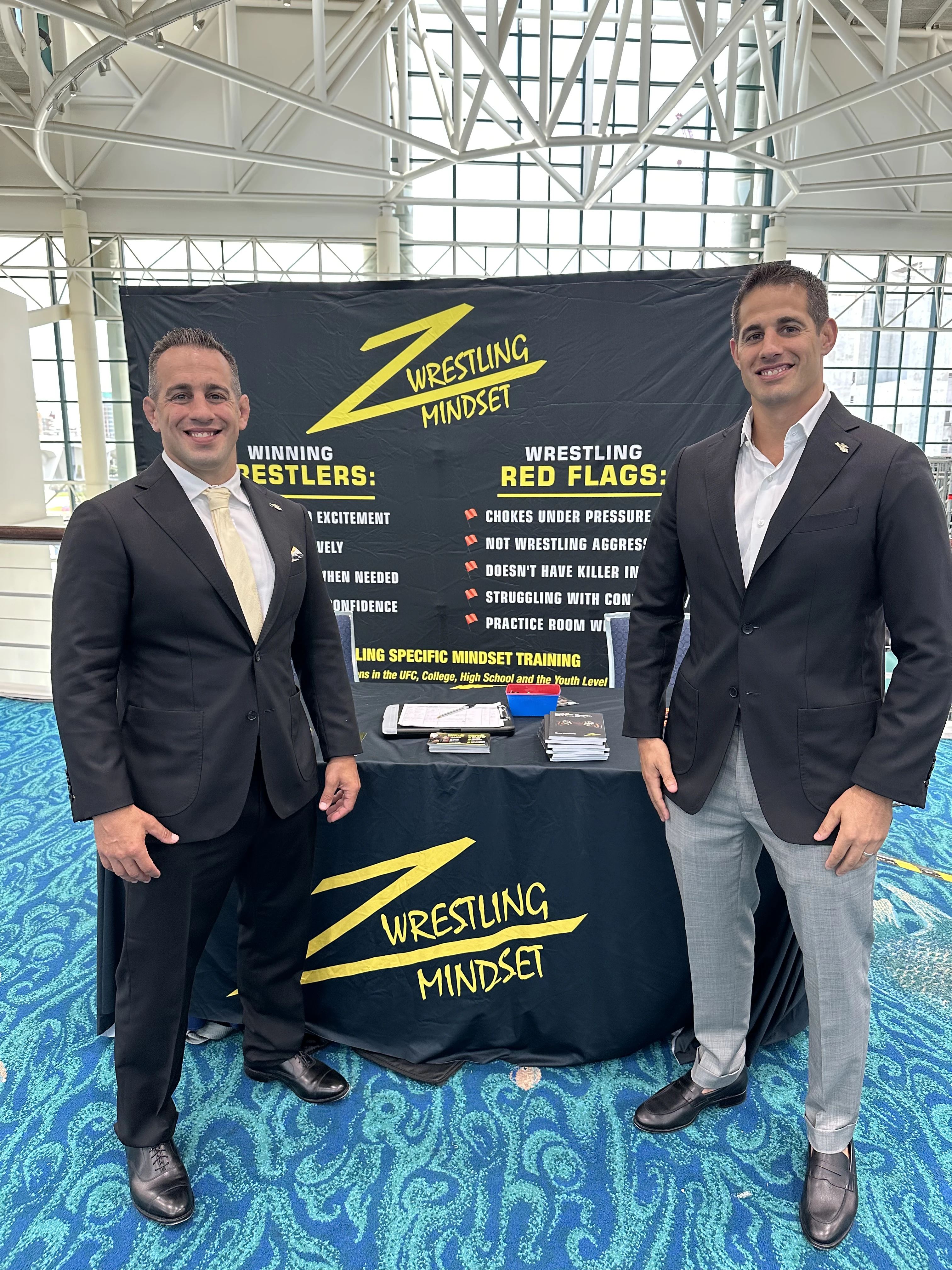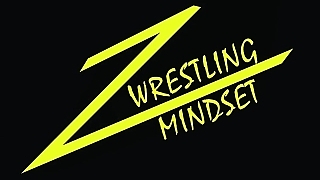Learn
GRATITUDE: why leaders, athletes, and coaches will be grateful to have the facts.
9/25/2018
Have you ever heard the tale about the two wolves? If not, I’ll briefly explain… A Cherokee Native wanted to teach his grandson about life. He told the child, “There’s an eternal battle going on inside of me – a struggle,” he said, “between two wolves. One is anger, envy, sorrow, regret, greed, arrogance, self-pity, guilt, resentment, inferiority, lies, false pride, superiority, self-doubt, and ego. And the other – he is joy, peace, love, hope, serenity, humility, kindness, benevolence, empathy, generosity, truth, compassion, and faith.” “The same struggle is going on inside of you, and every other person that exists,” the grandfather said. The grandson paused for a minute in contemplation before saying, “Which wolf wins?” The grandfather looked down at his grandson and replied…. We’ll continue this story later.
Attitude of gratitude mindset is principle number one of the Winning Mindset team. While the principle intuitively makes sense, since people naturally are inclined toward working harder if it is doing what they enjoy, the research behind the principle actually paints a compelling argument that stems beyond the obvious.
“In ordinary life, we hardly realize that we receive a great deal more than we give, and that it is only with gratitude that life becomes rich.”
– Dietrich Bonhoeffer
The Harvard Medical School defines gratitude as “a thankful appreciation for what an individual receives, whether tangible or intangible. With gratitude, people acknowledge the goodness in their lives … As a result, gratitude also helps people connect to something larger than themselves as individuals – whether to other people, nature, or a higher power.”
Arguably the most renowned research organizations in the world recognize the power of gratitude as they bring up the principle of an individual being a part of something greater than themselves. Researchers across perspectives agree that gratitude is pivotal to athlete success. Chen & Wu (2014 & 2016) were adamant that gratitude clearly contributes to athletes’ optimal functioning. This is most likely due to the the following facts collected in the text Positive Psychology in Sport and Physical Activity (Brady, Grenville-Cleave, 2018):Gratitude BROADENS AND BUILDS. McCullough et al. (2002) found athletes with who display high levels of gratitude tend to have flexible worldviews and recognize the circumstances, relationships, and resources they possess as gifts. Lambert, Graham, Fincham & Stillman (2009) expanded on this by finding athletes who display a high level of gratitude actually spin negative circumstances as blessings. This tendency is a plausible explanation as to why GRATEFUL ATHLETES FALL FORWARD.
Grateful individuals not only broaden their horizons but attract interpersonal relationships that help them accomplish their goals (Algoe, Gable, & Maisel, 2010; Fredrickson, 2000). For example an athlete thanks a teammate for pushing limits in practice, the teammate feels appreciated and valued, come next practice the athlete pushes limits again, recognized again the teammate encourages, and expresses gratitude to another teammate for similar principles.
This cycle continues eventually raising the bar of the entire team. Possibly most impactful is the fact that GRATITUDE IS CONTAGIOUS; in research language, it motivates prosocial actions to create upstream reciprocity, which is passing on benefit to a person uninvolved in an initial exchange (Nowak & Roch, 2007; Chang et al., 2012). Continuing with the same example, the initial contact of gratitude helped the two individuals involved, however the resultant rise in effort in practice benefited all. Another example may be a collegiate coach taking time to check in on individual athletes expressing how thankful he/she is for the athlete’s dedication. The athlete grows and matures into a top performer, and upon graduation decides to stay in the area and contribute back to a program he/she was so grateful to be a part of (Brady, Grenville-Cleave, 2018).
Gratitude is not a new principle – philosophers and religious thinkers have been exploring the idea for a millenia. Buddha was quoted as saying, “Let us rise up and be thankful, for if we didn’t learn a lot today, at least we learned a little, and if we didn’t learn a little, at least we didn’t get sick, and if we got sick, at least we didn’t die; so, let us all be thankful.” Christianity is almost entirely based on gratitude! Today the principle is reiterated by many highly successful people including Steph Curry, Will Smith, Olympic gold medalist Jordan Burroughs, etc.. Famed talk show host Oprah Winfrey who was quoted as saying, “The more thankful I became, the more my bounty increased, for sure- what you focus on expands. When you focus on the good things in life, you create more of it.”
Can two words change your life? “Thank you” – Researchers and boundless anecdotal evidence seem to point in that direction.
ANYWAYS BACK TO THE STORY OF THE TWO WOLVES…
The grandfather looked down at the grandson and said:
“The one you feed”
Gratitude is learned principle. We learn to be thankful for experiences either by being starved of experience or by consciously choosing over and over to be acknowledge what is good in our lives. We have an internal battle going on inside of us between two wolves. One is ungrateful and fills his mind with negative thoughts, doubts, and ego. The other is grateful and fills his mind with positive thoughts, love, and faith. The one that wins, the one who ultimately controls our reality is the wolf we feed.
References:
Brady, A. (Ed.), Grenville-Cleave, B. (Ed.). (2018). Positive Psychology in Sport and
Physical Activity. London: Routledge.
Chen, L., Wu, C., & Chang, J. (2017). Gratitude and athletes’ life satisfaction: The
moderating role of mindfulness. Journal of Happiness Studies : An Interdisciplinary Forum on Subjective Well-Being,18(4), 1147-1159.
‹ Back








